Transcriptions and English translations of historical texts documenting the Black lived experience in colonial Latin America.
Black Perspectives in Colonial Latin America (Primary Sources)
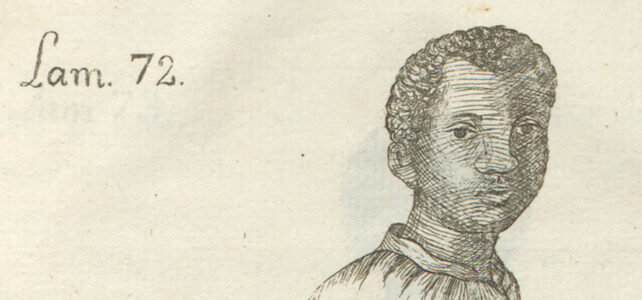


Transcriptions and English translations of historical texts documenting the Black lived experience in colonial Latin America.
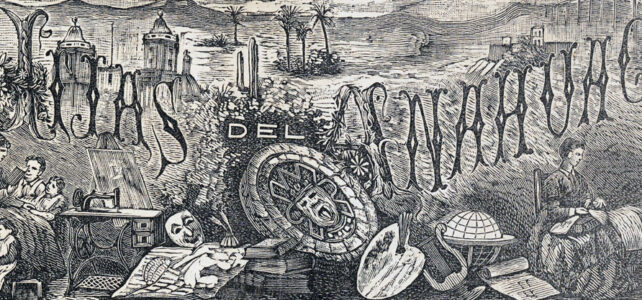
Violetas del Anáhuac was a feminist weekly that emerged during the government of Mexican President Porfirio Díaz. Supporting Positivism, the weekly advocated for the instruction of women to promote “progress” and motherhood.
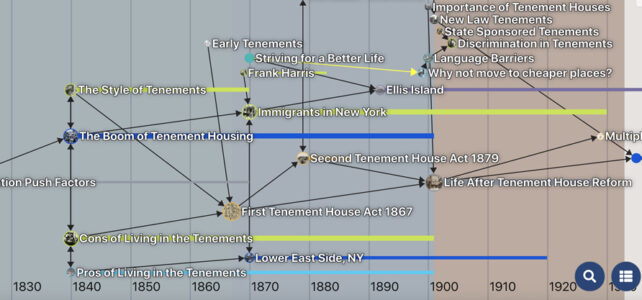
This tutorial will introduce you to an app that allows you to create fully interactive digital timelines.

Violetas del Anáhuac was a feminist weekly that emerged during the government of Mexican President Porfirio Díaz. Supporting Positivism, the weekly advocated for the instruction of women to promote “progress” and motherhood.
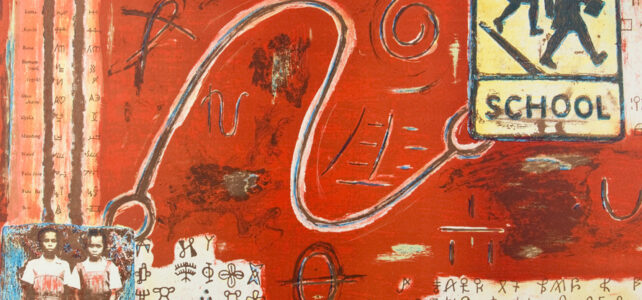
To mark the Benson’s centennial, this exhibition looks at knowledge production from different communities in the Americas. Special attention is paid to community stories, craftwork, harvest and subsistence, medicine, and flora and fauna.
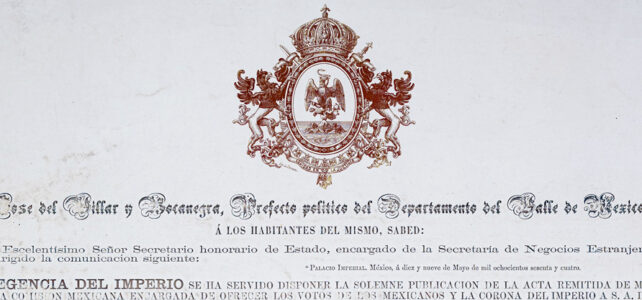
Broadsides and circulars that relate primarily to the history and politics in Mexico, particularly the Mexican War of Independence (1810-1821) and the Mexican Revolution (1910-1920).
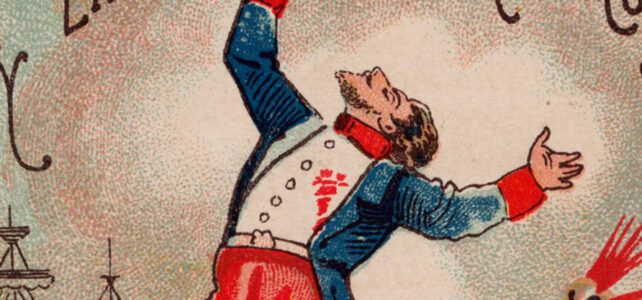
This exhibition explores various perspectives on Antonio Lopez de Santa Anna’s political and military career and legacy in Mexico.

This is a list that the LLILAS Benson Digital Scholarship Office maintains of free and open-source digital scholarship tools and platforms.
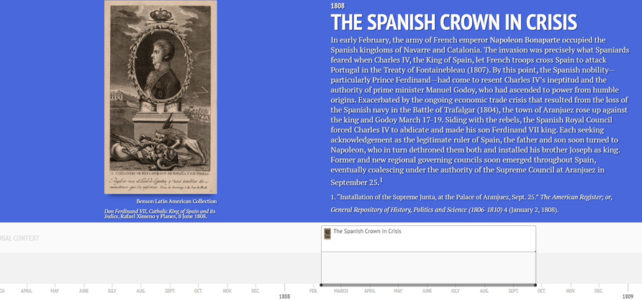
This step-by-step tutorial will show you how to create a project in TimelineJS, a free Google Sheet-based tool that helps you present temporal research, using historical events from the Wars of Independence in Mexico and archival materials preserved at the Benson Latin American Collection.
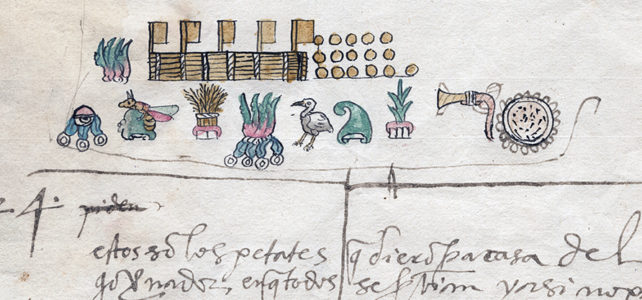
Manuscripts and archives acquired by Genaro García, Mexican historian, educator, lawyer, politician, and bibliophile, relating primarily to the history, politics, and culture of Mexico from the 16th-20th centuries, including archives of prominent Mexican political figures.